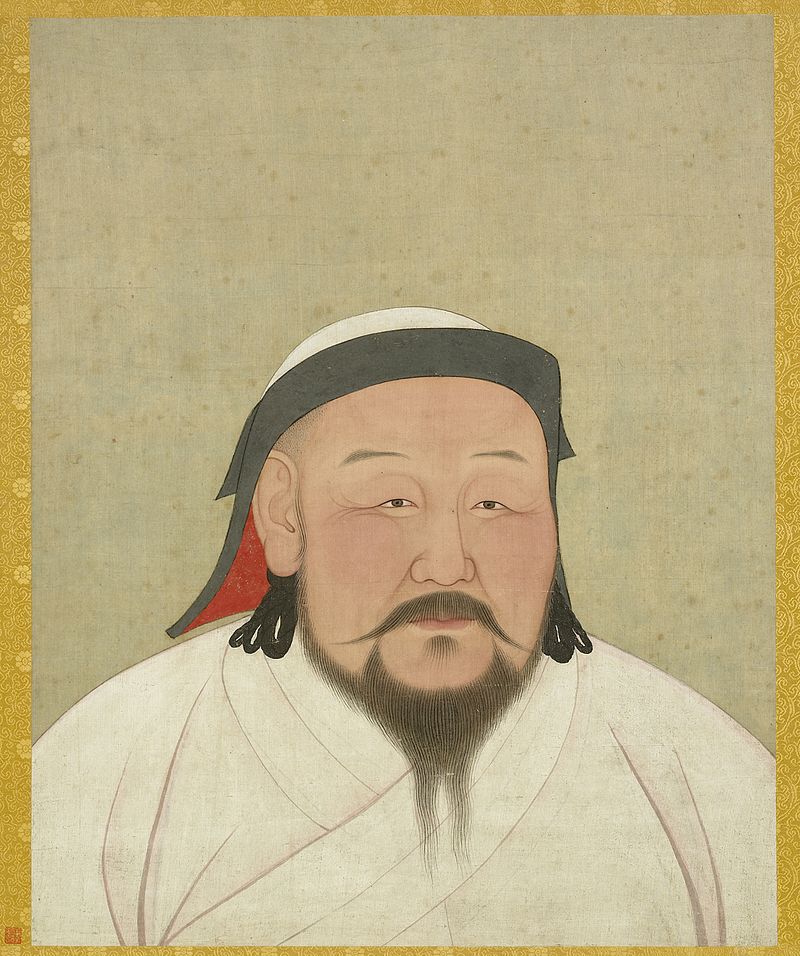
Mongolian general and statesman Kublai Khan was the grandson of Genghis Khan. He conquered China, founding and becoming the first emperor of the country’s Yuan Dynasty.
To achieve the title Khagan (Great Khan), he won a civil war against his brother, Ariq Boke, who had also claimed rulership. He defeated the powerful Song Dynasty, conquered all of China, and established the Yuan Dynasty there in 1271.
Kublai was the fifth Khagan (Great Khan) of the Mongol Empire (Ikh Mongol Uls), reigning from 1260 to 1294 (although after the division of the empire this was a nominal position). He also founded the Yuan dynasty in China as a conquest dynasty in 1271, and ruled as the first Yuan emperor until his death in 1294.
In 1271, Kublai established the Yuan dynasty, which ruled over present-day Mongolia, China, Korea, and some adjacent areas, and assumed the role of Emperor of China. By 1279, the Mongol conquest of the Song dynasty was completed and Kublai became the first non-Han emperor to conquer all of China.